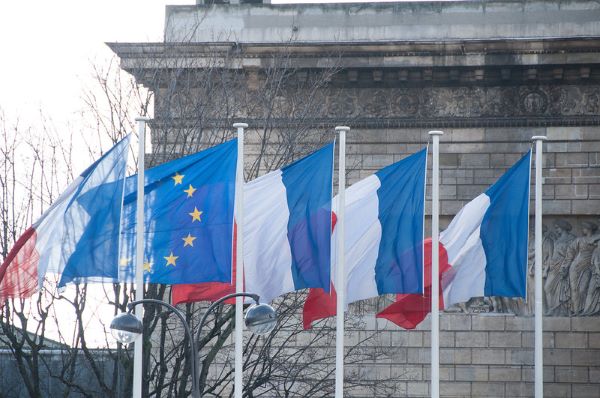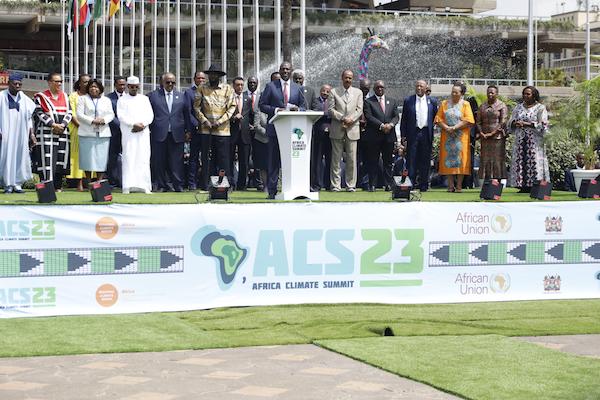The inaugural Africa Climate Summit in Nairobi ended last week with a declaration to boost the fight against the global climate crisis, but climate activists expressed disappointment at what they see as a failure to prioritise critical concerns for the continent.
The summit – attended by heads of states and governments, environmental ministers, and executives of corporations and NGOs – ended with the “Nairobi Declaration”, which will serve as Africa’s common position on climate change.
It calls on developed nations to honour their pledge of US$100 billion annual climate finance to developing nations. It also urges world leaders to unite behind a global carbon tax of fossil fuels, aviation and maritime transport.
But activists said they were disappointed that the declaration did not prioritise adaptation as a critical concern for Africa but left it as a peripheral issue.
“We would like to remind…that adaptation is not only crucial for survival but also a matter of justice,” said the groups in a statement on 8 September.
They noted that, though Africa contributes least to climate change, it is the region most affected by the crisis. They said governments should allocate resources for adaptation and mitigation in their national and international actions.
Earlier, Nigerian Catholic Bishop Matthew Kukah of Sokoto diocese had told a news conference that the summit presented an opportunity for developed countries to move beyond rhetoric and deliver on overdue financial support.
“We acknowledge that the global financial architecture features various injustices and practices that increasingly marginalise poor and vulnerable nations,” said Kukah, calling on states and financial institutions to review this structure.
The bishop urged that the system be made equitable for all and fosters low-carbon, climate-resilient growth.
“We urge the African leaders to adopt a roadmap that ensures the climate finance delivered reaches the most vulnerable and marginalised frontline communities that are at risk of the climate crisis,” Kukah said, in a statement on behalf of religious leaders gathered in Nairobi.
“We believe that African leaders must become more transparent in the judicial use of their resources towards improving the quality of lives of their citizens. African leaders must prevent the haemorrhaging of resources from the continent to the Western world.”
Fr Charles Chilufya, the director of the Jesuits Justice and Ecology Network in Africa, called for the loss and damage fund – which was agreed last year at COP27 in Egypt – to be put into operation to offer relief to countries in the global south.



 Loading ...
Loading ...